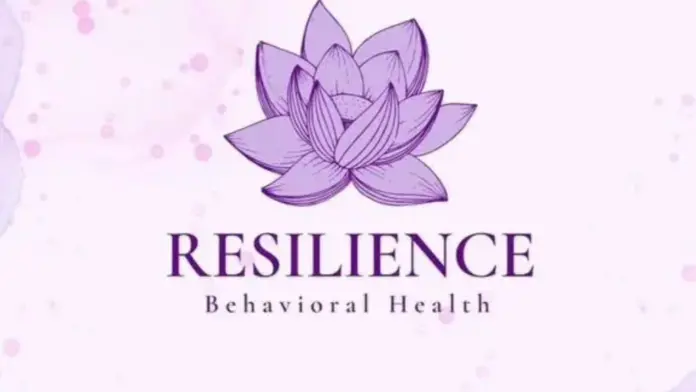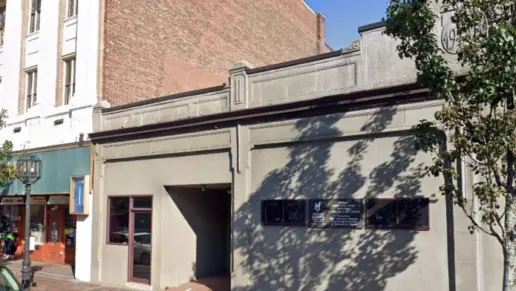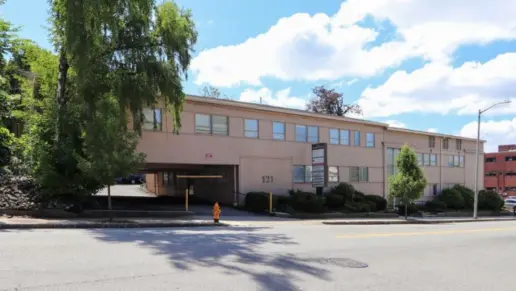About Resilience Behavioral Health
Resilience Behavioral Health is a holistic treatment center where trauma focused therapy can help you to address what is keeping you from living the life that you want and deserve to live. Our goal for each of our clients is for them to experience a more satisfying connection to themselves and others.
As a dual diagnosis-centered program, we strive to understand the underlying causes of addiction and help our resilient clients move towards a sober, healthy life. Contact us today to learn more about our programs in behavioral health treatment in Walpole, MA.
Resilience Behavioral Health is a holistic treatment center where trauma focused therapy can help you to address what is keeping you from living the life that you want and deserve to live. Our goal for each of our clients is for them to experience a more satisfying connection to themselves and others. We believe that every human being deserves to feel aliveness and joy. Resilience Behavioral Health treats anyone in the midst of addiction or dealing with co- occurring disorders with a trauma informed approach. Our program does not require a certain age, we work with emerging adults, geriatrics, first responders, post traumatic stress disorder, and anyone struggling with a substance abuse disorder.
Rehab Score
Gallery
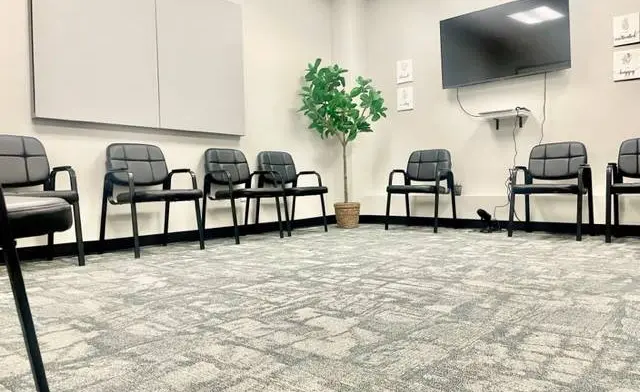
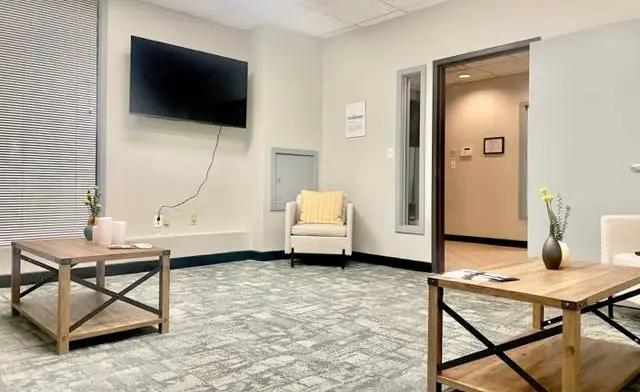
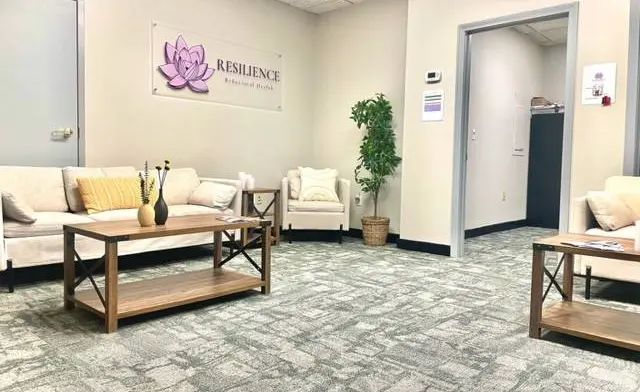
Location
Accepted Insurance
Other Forms of Payment
Private insurance refers to any kind of healthcare coverage that isn't from the state or federal government. This includes individual and family plans offered by an employer or purchased from the Insurance Marketplace. Every plan will have different requirements and out of pocket costs so be sure to get the full details before you start treatment.
Self-pay involves paying for treatment out of your own pocket. You can use savings or credit, get a personal loan, or receive help from family and friends to fund your treatment. If you don't have insurance or your insurance plan doesn't cover a specific program, self-pay can help ensure you still get the care you need.
Sliding scale payments are based on a client's income and family size. The goal is to make treatment affordable to everyone. By taking these factors into account, addiction recovery care providers help ensure that your treatment does not become a financial burden to you or your family, eliminating one barrier to care.
Addiction Treatments
Levels of Care
Treatments
Many of those suffering from addiction also suffer from mental or emotional illnesses like schizophrenia, bipolar disorder, depression, or anxiety disorders. Rehab and other substance abuse facilities treating those with a dual diagnosis or co-occurring disorder administer psychiatric treatment to address the person's mental health issue in addition to drug and alcohol rehabilitation.
A combined mental health and substance abuse rehab has the staff and resources available to handle individuals with both mental health and substance abuse issues. It can be challenging to determine where a specific symptom stems from (a mental health issue or an issue related to substance abuse), so mental health and substance abuse professionals are helpful in detangling symptoms and keeping treatment on track.
Programs



Clinical Services
During cognitive behavioral therapy in Massachusetts, clients work with a trained counselor to identify negative thinking patterns and change them. This change in thinking has been shown to lead to changes in behavior to treat substance use and mental health disorders effectively.
If you are experiencing intense, negative emotions, dialectical behavior therapy can help you learn how to regulate painful emotions and manage the interpersonal situations that generate them. This method is often used during substance use treatment in Massachusetts to help you develop better coping skills and avoid relapse.
Group therapy is any therapeutic work that happens in a group (not one-on-one). There are a number of different group therapy modalities, including support groups, experiential therapy, psycho-education, and more. Group therapy involves treatment as well as processing interaction between group members.
Therapists in Massachusetts offer individual therapy in a confidential setting to help you explore the complex factors that have contributed to your drug addiction. Using a tailored approach, your therapist supports you and utilizes evidence based treatment modalities to help you develop healthier thought patterns and behaviors. This builds a foundation for enduring sobriety.
Four principles are key to motivational interviewing in Massachusetts. First, the therapist offers empathy for the client's feelings and experiences. Second, they encourage the client to believe in themselves and their ability to change. Third, the therapist refrains from imposing their own viewpoints. Lastly, the therapist helps the client identify discrepancies in their circumstances and future goals.
Trauma therapy addresses the psychological impact of experiencing a traumatic event. You can also experience mental and emotional injury after witnessing a trauma. By identifying what triggers those responses and developing effective coping mechanisms, you can rebuild a sense of safety and trust in your environment.
During family therapy, the therapist works with every member of the family unit to understand the role they play in their loved one's addiction. By addressing these patterns, family members learn healthier ways to interact with each other and contribute to a more effective recovery journey for the family member who is addicted.
If you find it difficult to put thoughts and feelings into words, creative arts therapy in Massachusetts might be a good treatment method for you. Through art, music, and other expressive activities, this therapy allows you to explore and convey thoughts and emotions in a safe, creative space.
Staff & Accreditations
Staff

Clinical Director
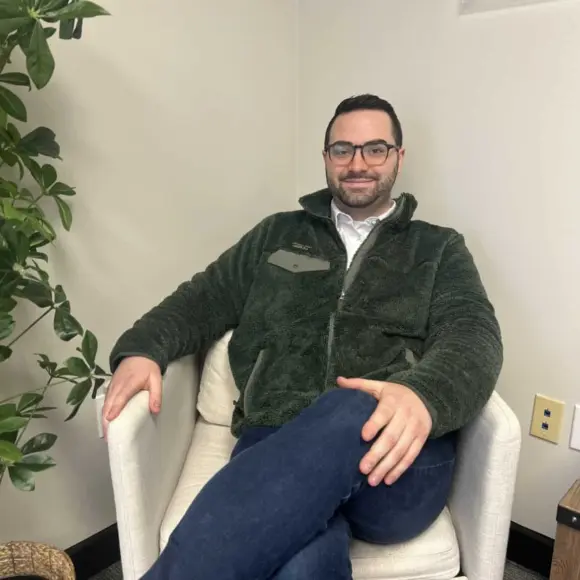
Program Director
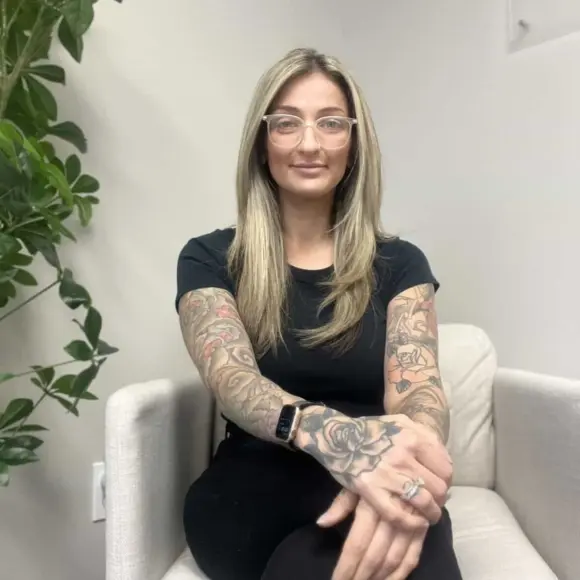
Director of Operations
Accreditations

The Joint Commission, formerly known as JCAHO, is a nonprofit organization that accredits rehab organizations and programs. Founded in 1951, the Joint Commision's mission is to improve the quality of patient care and demonstrating the quality of patient care.
Joint Commission Accreditation: Yes
Contact Information
1600 Providence Highway
Suite 100
Walpole, MA 02081
